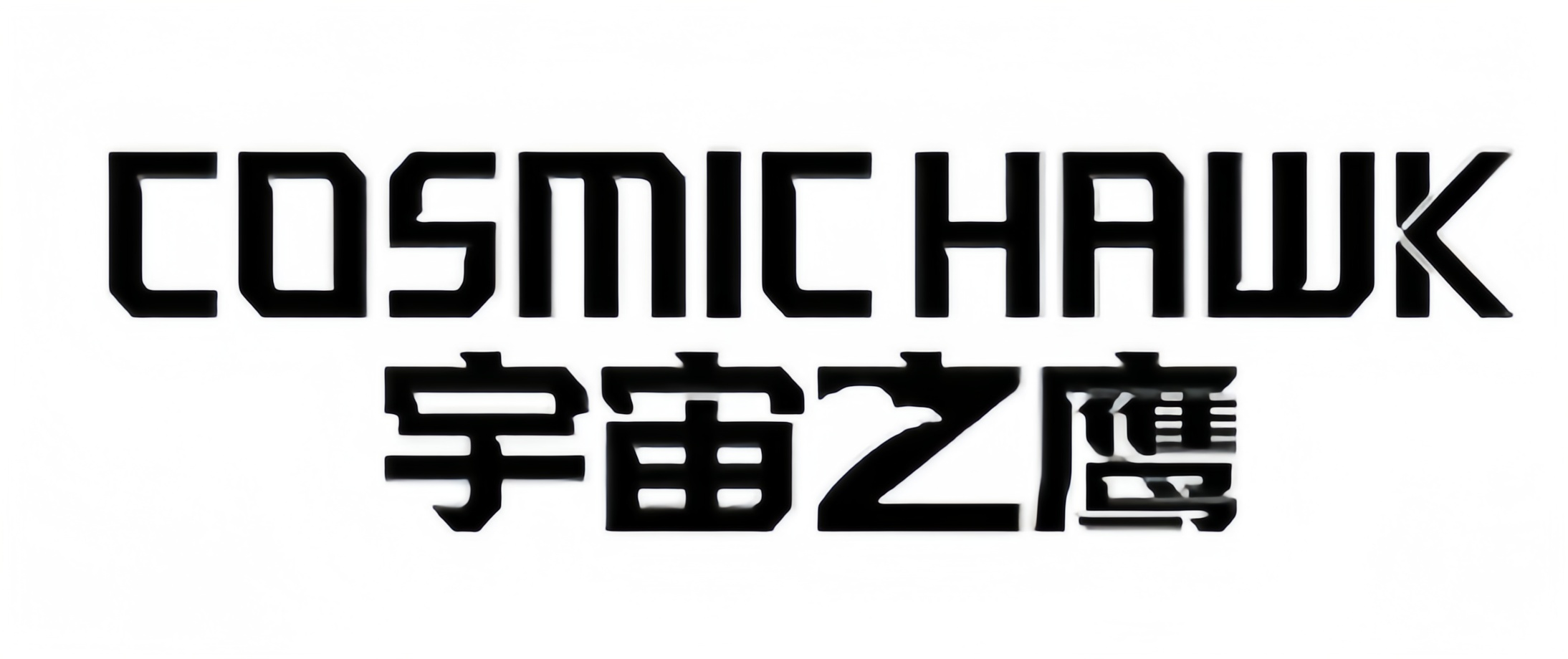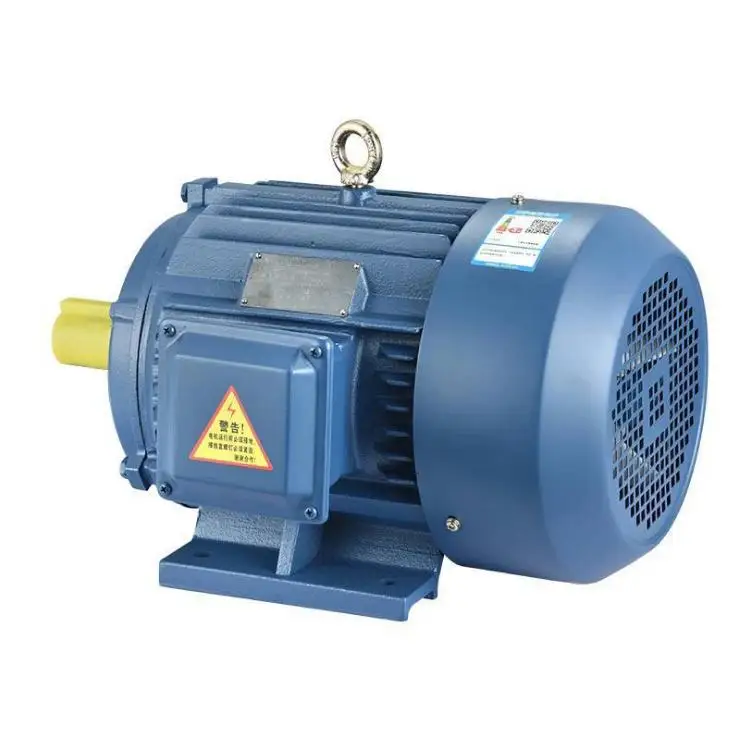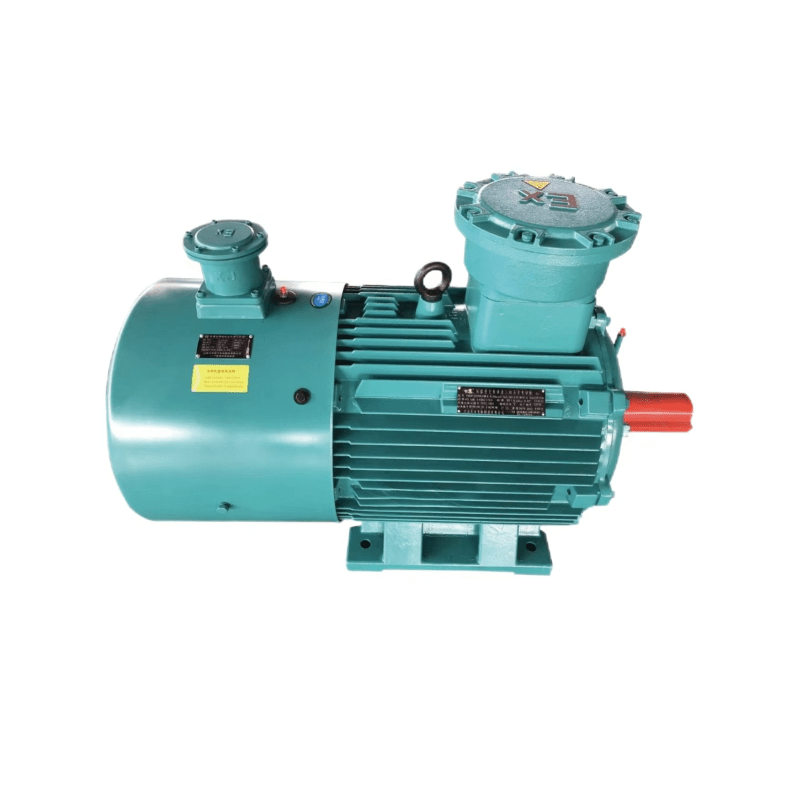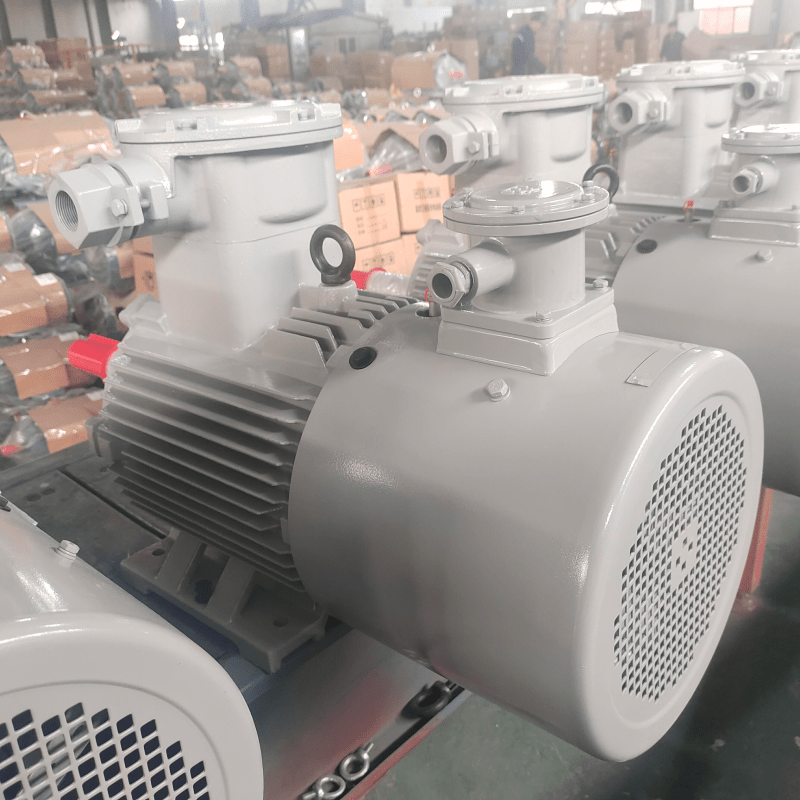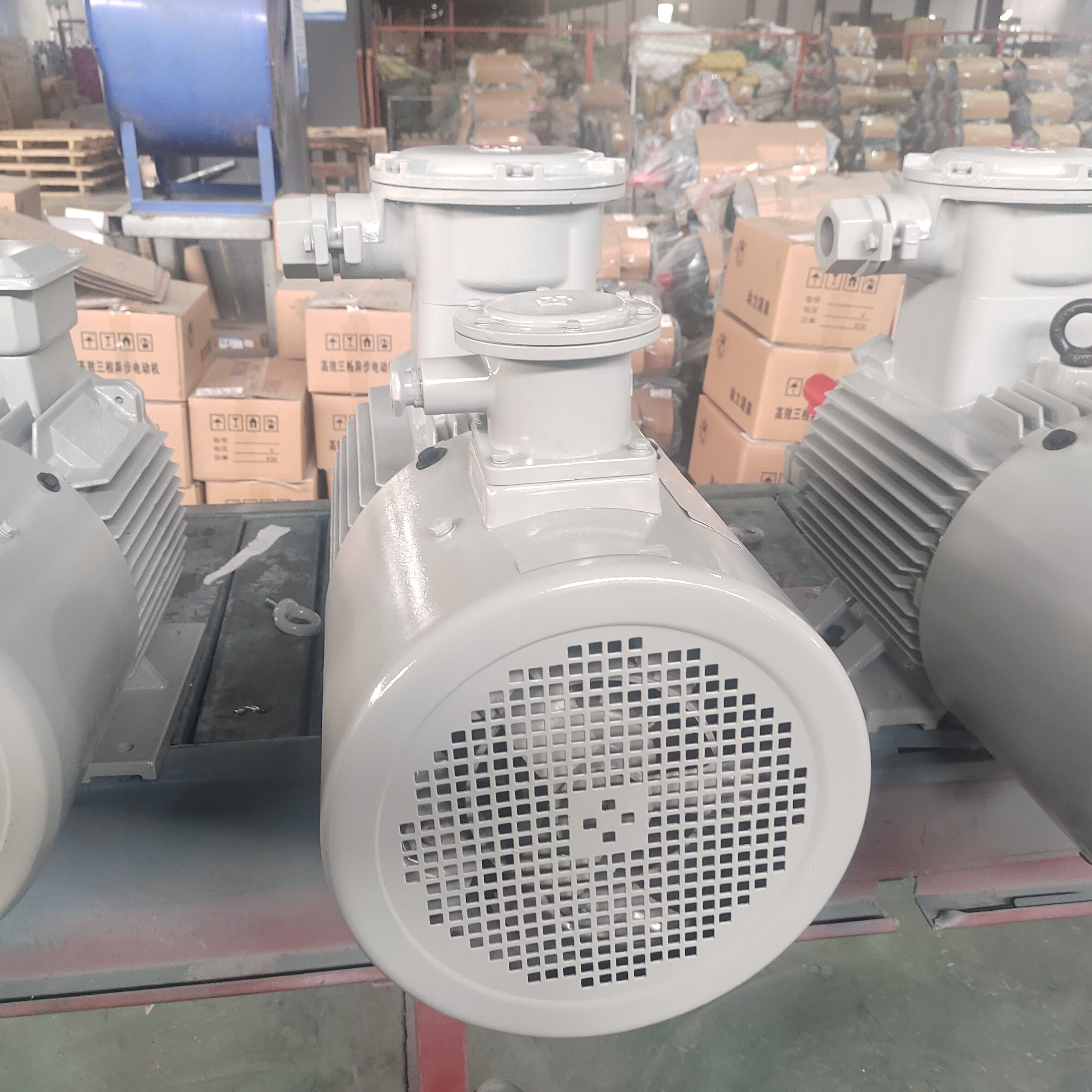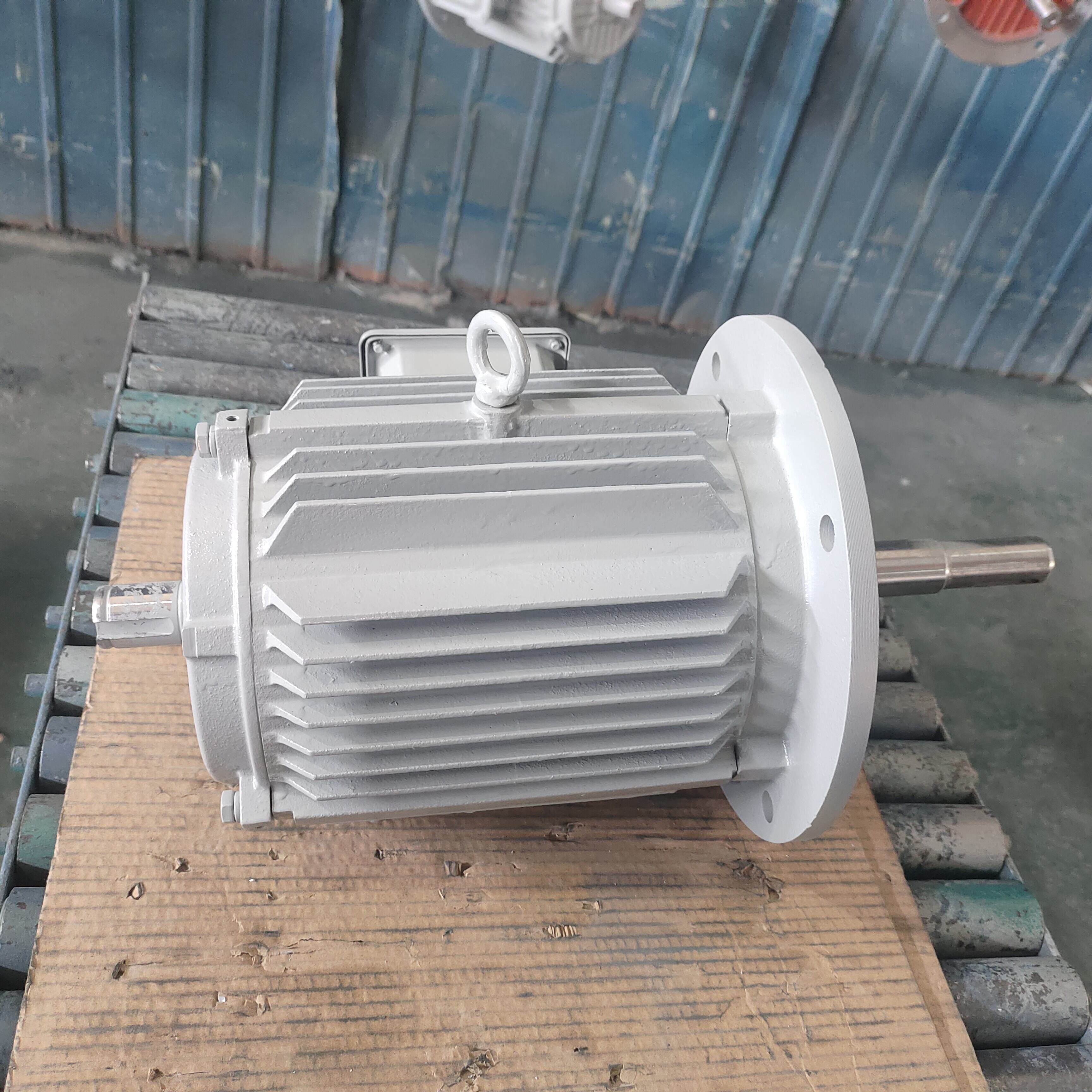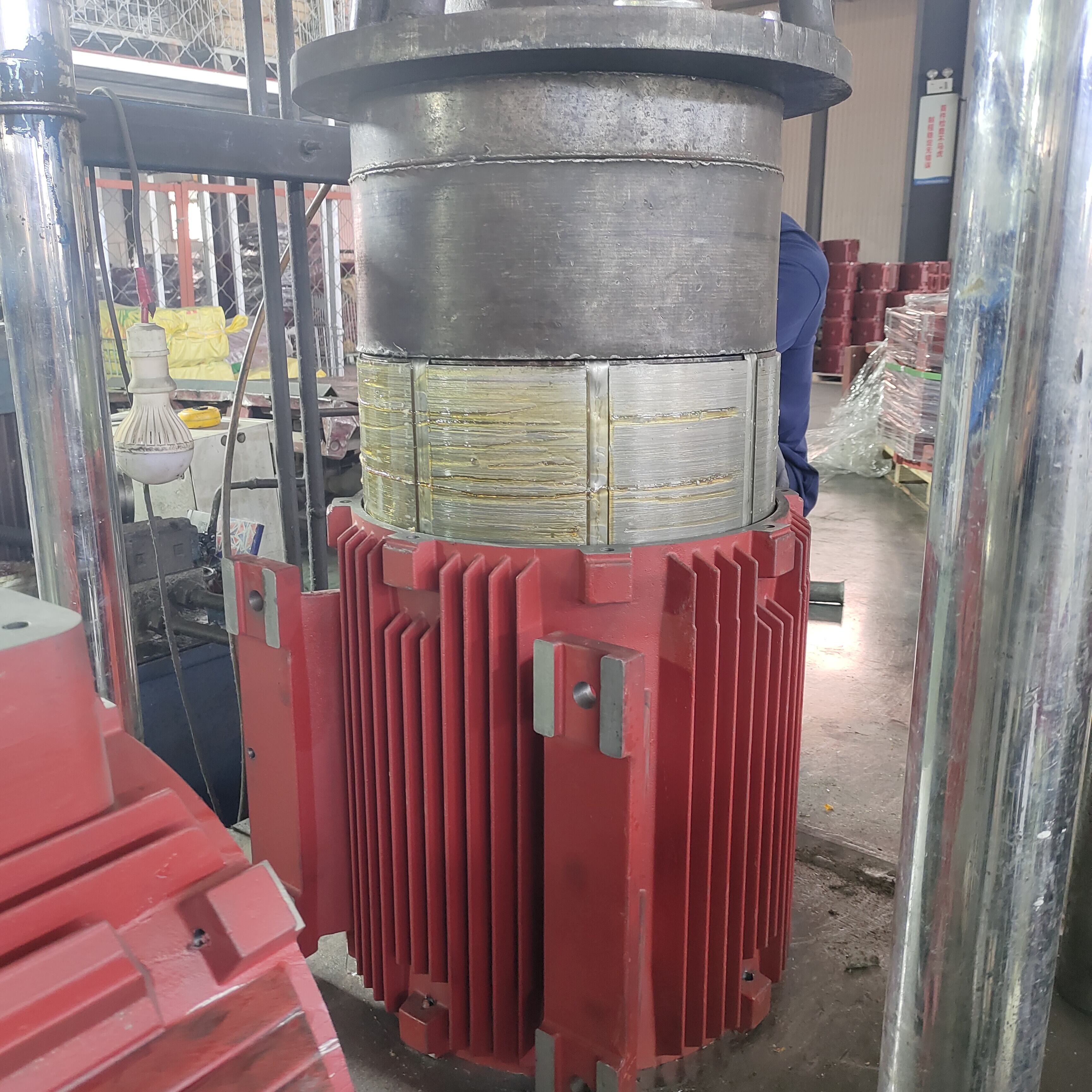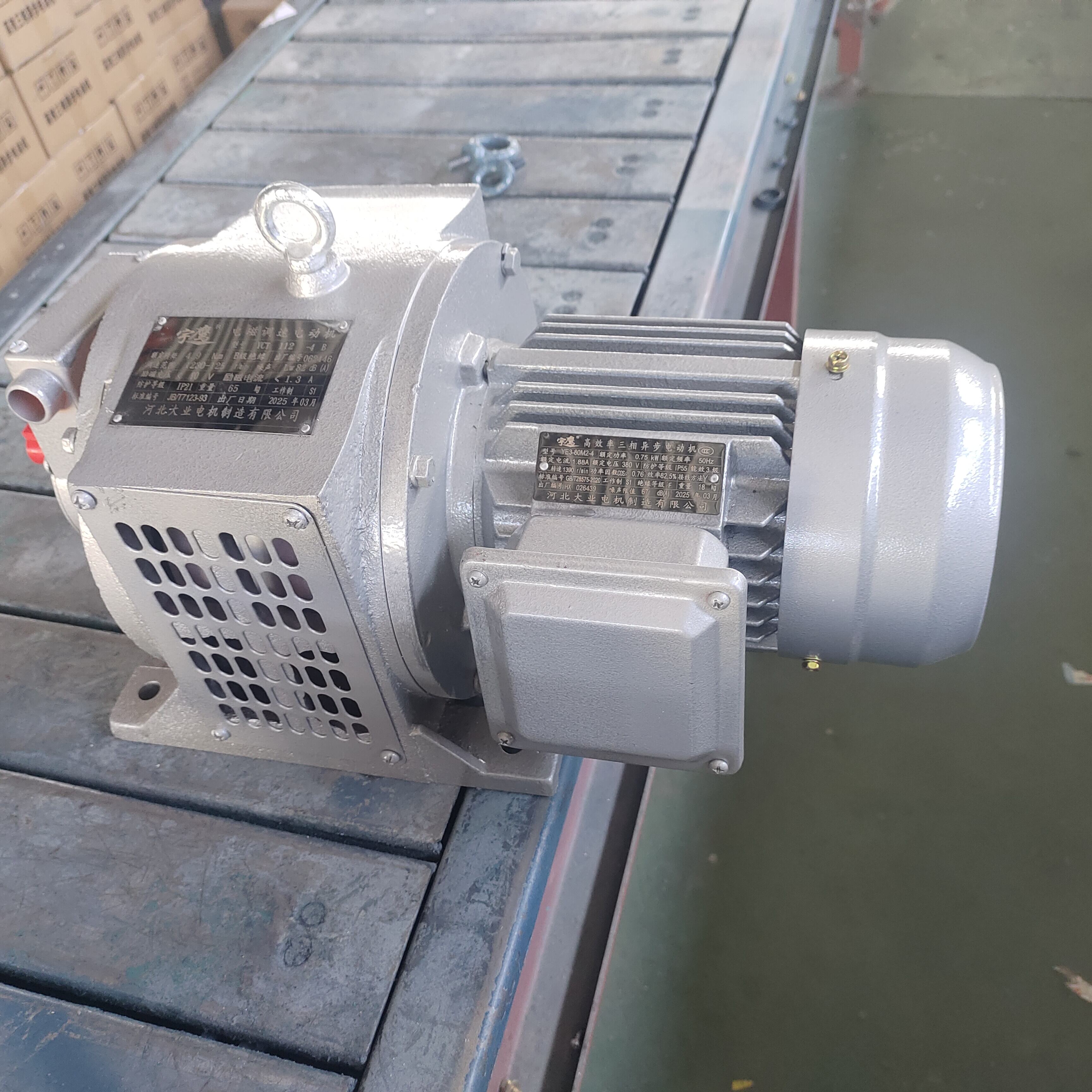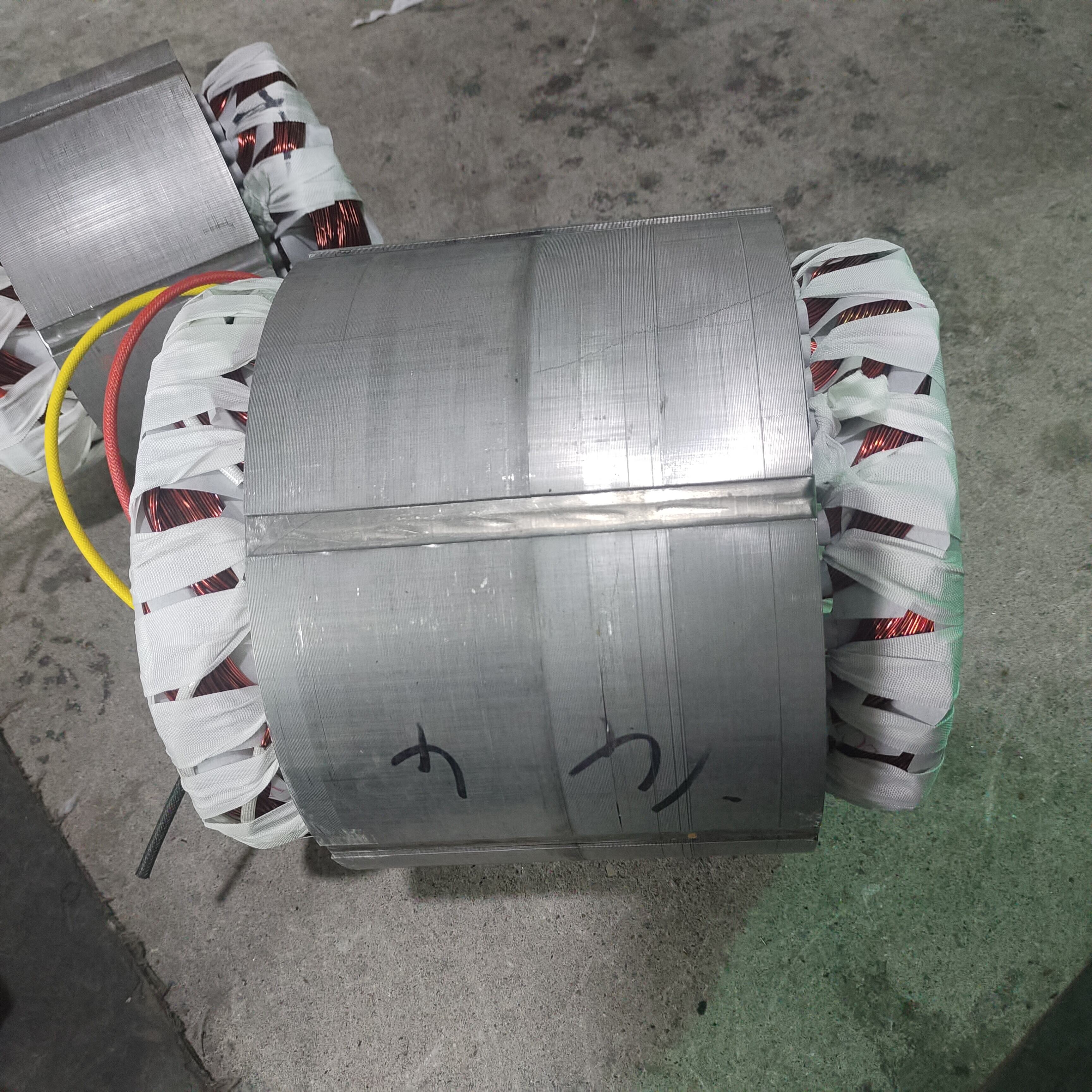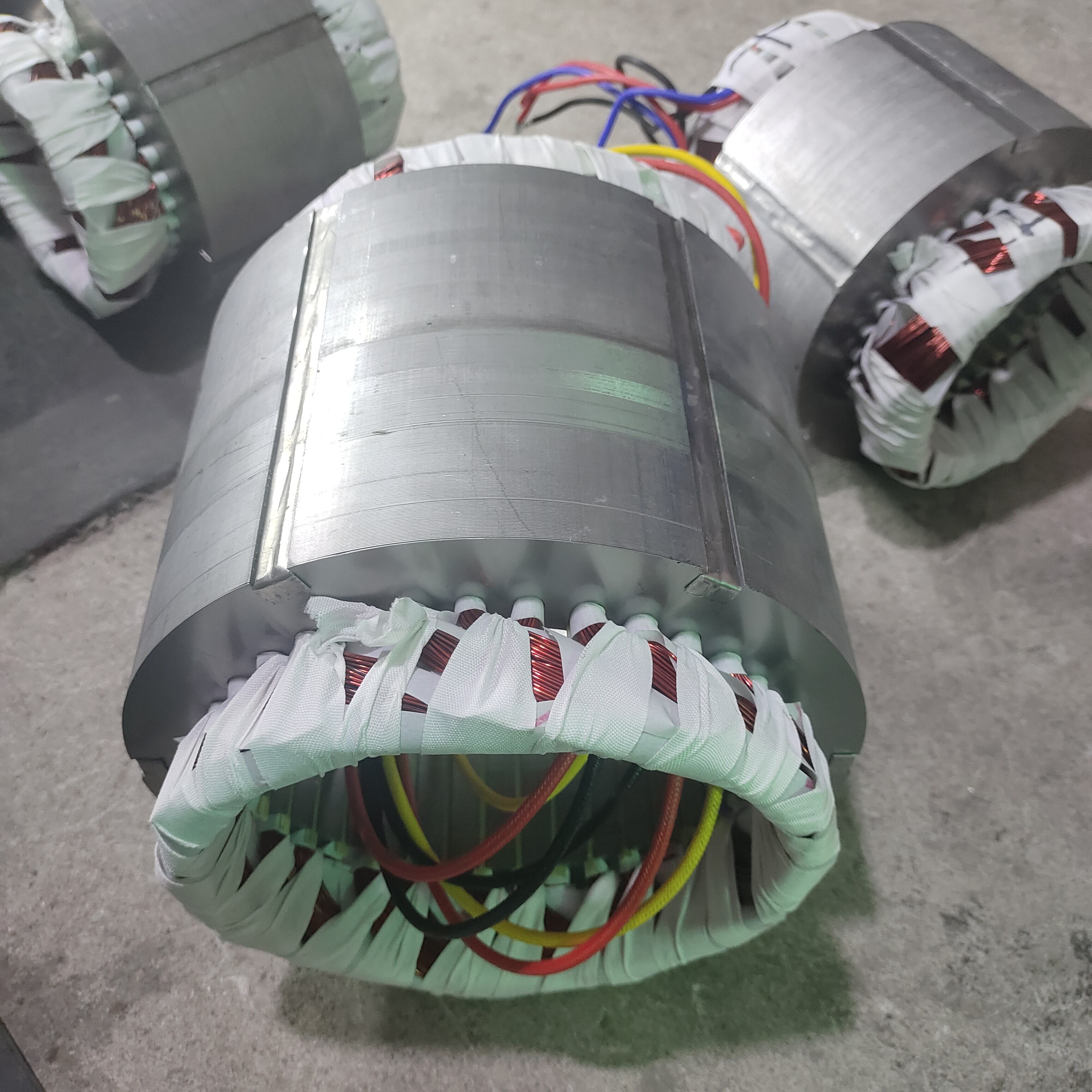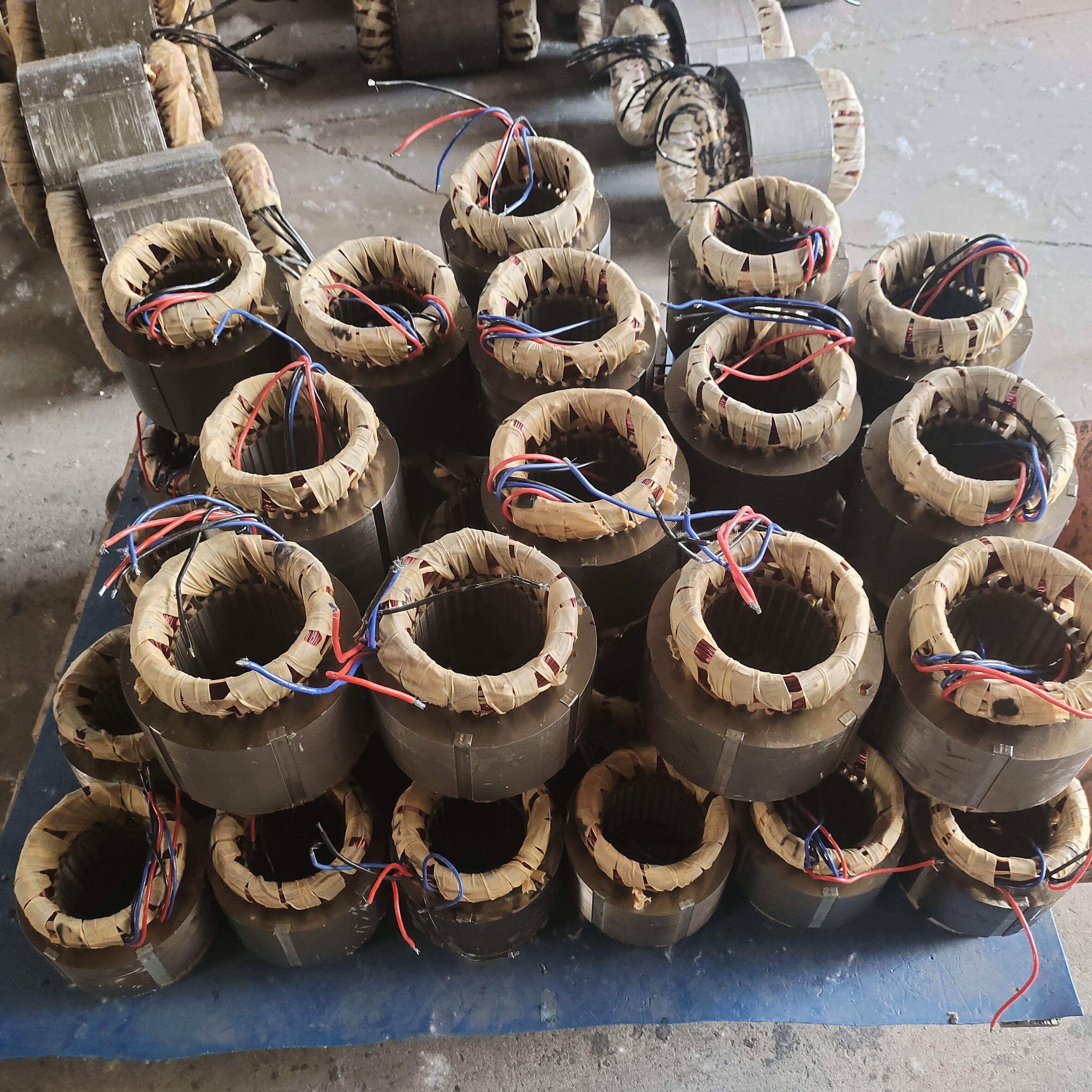winding manufacturers
Winding manufacturers represent a crucial segment of the industrial manufacturing sector, specializing in the production of electrical windings that form the core components of transformers, motors, generators, and various electromagnetic devices. These specialized companies design, develop, and produce custom coil assemblies that convert electrical energy through electromagnetic induction principles. The primary function of winding manufacturers involves creating precise copper or aluminum wire configurations wound around magnetic cores to generate specific electrical characteristics required for diverse applications. Modern winding manufacturers utilize advanced computer-controlled equipment to achieve exceptional precision in wire placement, tension control, and layer distribution. Their technological capabilities encompass automated winding machines, programmable logic controllers, and sophisticated quality testing equipment that ensures consistent performance standards. These manufacturers serve multiple industries including automotive, aerospace, renewable energy, telecommunications, and consumer electronics sectors. The production process involves careful selection of conductor materials, insulation systems, and core materials to meet stringent electrical and mechanical specifications. Quality control measures include impedance testing, insulation resistance verification, and thermal performance validation. Leading winding manufacturers invest heavily in research and development to advance winding techniques and materials science innovations. They collaborate closely with original equipment manufacturers to develop customized solutions that optimize performance while reducing costs. Environmental considerations drive many winding manufacturers to implement sustainable practices, including recyclable materials and energy-efficient production processes. The global market for winding manufacturers continues expanding due to increasing demand for electric vehicles, renewable energy systems, and industrial automation equipment. These companies must maintain certifications such as ISO 9001, UL recognition, and industry-specific standards to compete effectively. Strategic partnerships with material suppliers enable winding manufacturers to access cutting-edge insulation technologies and high-performance conductor materials. The integration of digital manufacturing technologies allows real-time monitoring of production parameters and predictive maintenance scheduling.
